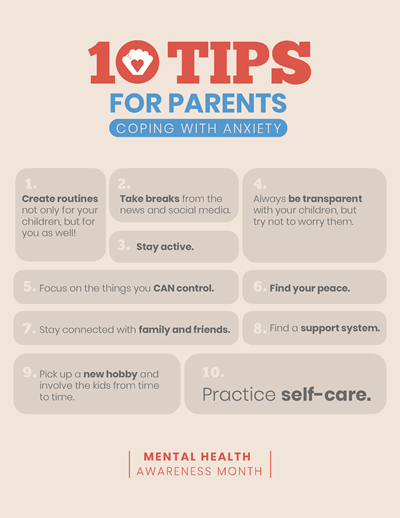
Are you feeling overwhelmed by the challenges of parenting? Do you sometimes feel like you're trying to solve a puzzle with no clear solution? You're not alone. Parenting can be one of the most rewarding experiences in life, but it can also be one of the most challenging.
Fortunately, there are plenty of ingenious tips that can help you navigate the ups and downs of raising children.
Understanding your child's developmental stages is crucial for effective parenting. Each stage comes with its unique set of challenges, and knowing what to expect can make all the difference.
Effective communication is another key component of successful parenting. Speaking openly and honestly with your child fosters trust and creates an environment where they feel comfortable sharing their thoughts and feelings with you.

Positive reinforcement is also essential for encouraging good behavior in children while discipline strategies should be used sparingly but effectively when necessary.
As a parent, it's easy to neglect your own needs, but taking care of yourself will help ensure that you have the energy and patience needed to be there for your child when they need you most.
Finally, creating a supportive network is crucial for any parent who wants to thrive. Whether it's family members or friends, having people around who understand what you're going through can make all the difference in keeping up morale during tough times.
Understanding Your Child's Developmental Stages
You need to understand your child's developmental stages, so you can better relate to their behavior and needs. It's important to recognize that every child is unique and develops differently, but there are still general milestones that most children reach at certain ages.

This is where the nature vs. nurture debate comes into play. While genetics play a role in a child's development, environmental factors like parenting style, education level, and cultural influences also have an impact.
As a parent, it's important to be aware of these milestones vs. variations in your child's development. If you notice delays or differences in your child's growth compared to other children their age, don't panic - this doesn't necessarily mean something is wrong with them.
Cultural influences and socialization skills can also affect how children develop emotionally and socially. By understanding these differences and being open-minded about different parenting styles and cultural practices, you can better support your child's individual needs and help them thrive.
Effective communication is key in this process...

Effective Communication
Speak sincerely and smoothly to strengthen your connections. Effective communication is key to building a strong relationship with your child. Active listening plays a crucial role in this process. When you actively listen to your child, you're showing them that their thoughts and feelings matter.
It's important to give them your undivided attention and let them know that you hear what they're saying. Assertiveness training can also be helpful when it comes to effective communication with your child. By being assertive, you're setting clear boundaries while still respecting their needs and desires. This can prevent misunderstandings and help build trust between the two of you.
Remember, effective communication isn't just about talking; it's also about listening, understanding, and connecting with your child on a deeper level.
By effectively communicating with your child, you're creating an environment for positive reinforcement to thrive.

Positive Reinforcement
Get ready to discover how using positive reinforcement can make a huge difference in your relationship with your child, boosting their confidence and strengthening your connection. By providing rewards and motivation for good behavior, you can encourage them to continue making positive choices.
Behavioral psychology techniques show that positive reinforcement is much more effective than punishment or negative feedback. When using positive reinforcement, it's important to be specific about what behavior you are rewarding and why.
Instead of just saying 'good job,' try saying 'I'm so proud of you for sharing your toys with your friend.' This not only reinforces the behavior but also helps your child understand why it was good. Additionally, rewards don't have to be big or expensive - sometimes a simple sticker chart or extra playtime can do wonders for motivation.
As you implement these positive reinforcement strategies, keep in mind that discipline strategies are also important in parenting. However, by focusing on building up good behaviors rather than constantly reacting to bad ones, you will create a more supportive and nurturing environment for both yourself and your child.

Discipline Strategies
When it comes to discipline strategies, consistency is key. By setting clear expectations and following through with consequences every time, you're teaching your child that their actions have real-life outcomes.
Natural consequences can also be an effective tool in teaching children about cause and effect, but it's important to ensure the consequence is related to the behavior.
Time-outs can be a useful way for both parent and child to take a break from a heated situation and calm down before addressing the issue at hand.
Remember, discipline should always come from a place of love and guidance, rather than punishment or anger.

Consistency
To be consistent in your approach to parenting, you need to prioritize showing up every day, setting clear boundaries, and sticking to them. It can be tempting to let things slide or give in when faced with a difficult situation or a tired child who's pushing back against the rules. However, doing so can undermine all the hard work you've put in to establish routine and structure.
Remember that consistency is key when it comes to enforcing both rewards and consequences. Consistency also means being mindful of natural consequences that arise from your child's actions. When they forget their homework at home, for example, resist the urge to bail them out by bringing it to school yourself.
Instead, allow them to experience the discomfort of facing the consequences of their actions. This may not always be easy or comfortable for either party involved, but keep in mind that it will help instill important life skills like responsibility and accountability.
Natural Consequences
You're probably aware that when your child faces natural consequences, it can be uncomfortable for both of you, but it's important to resist the urge to bail them out and allow them to learn important life skills.

Natural consequences are those that occur without any interference or intervention from parents. For instance, if your child forgets their lunchbox at home, they will have to go hungry during school hours. This may seem harsh, but it's an excellent way for children to learn responsibility and accountability.
Setting boundaries is imperative in allowing natural consequences to take place. A great real-life example would be enforcing a curfew for teenagers who want to stay out late with friends. If they fail to return home on time, they will have to face the consequence of missing out on future outings with friends until they can prove their trustworthiness again.
By doing so, you're teaching your child that actions have consequences and that they should be accountable for their behavior.
Now let's delve into how time-outs can help shape positive behavior patterns in your child!
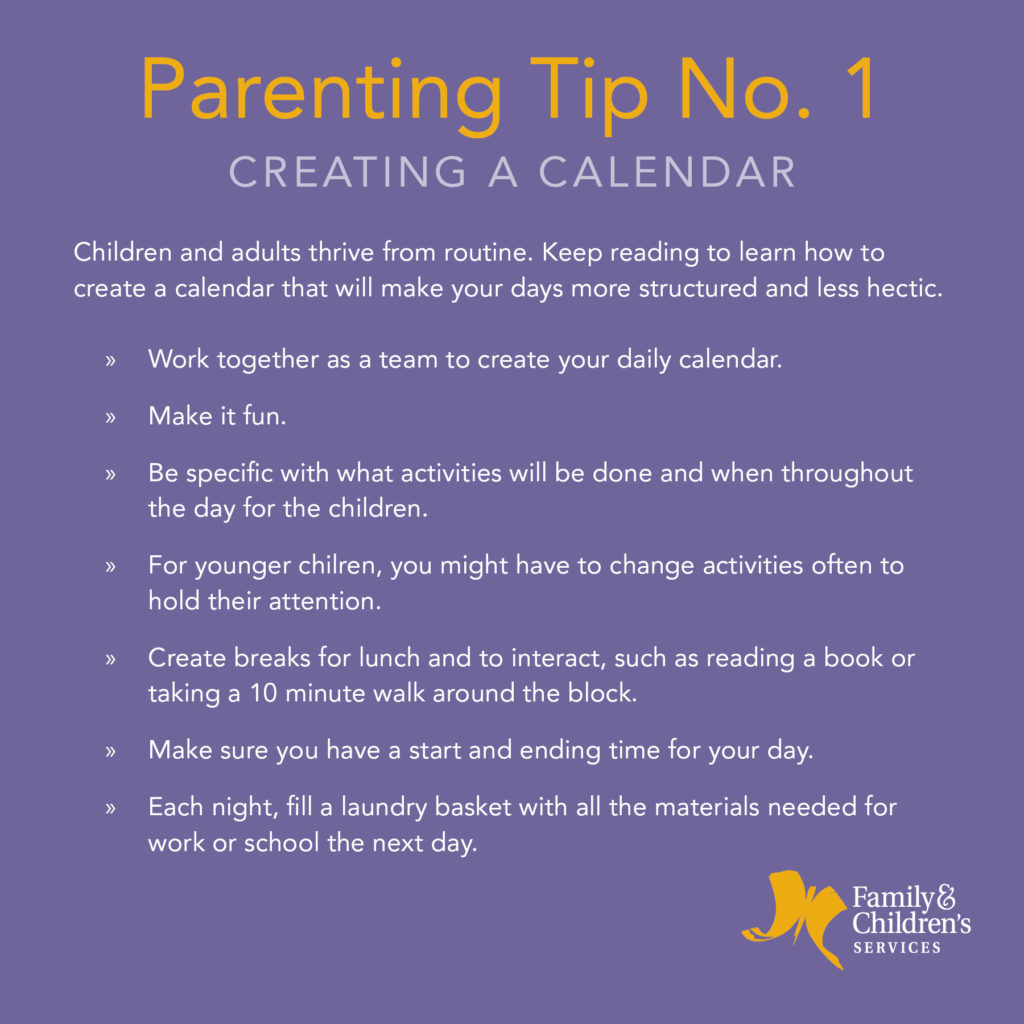
Time-Outs
If you're feeling overwhelmed with your child's behavior, try implementing time-outs as a form of discipline to help them learn from their mistakes and make better choices in the future. Time-outs involve removing your child from a situation or activity that is causing negative behavior and having them sit quietly and alone for a short period of time.
Here are some tips to effectively use time-outs:
- Make sure your child understands why they are being placed in time-out.
- Keep the duration of the time-out appropriate for your child's age (1 minute per year of age).
- Use a designated spot for time-outs, such as a chair or corner of the room.
- Once the time-out is over, have a conversation with your child about why they were placed in time-out and what they can do differently next time.
However, there are alternatives to using time-outs as well. One alternative is positive reinforcement where good behavior is rewarded instead of only punishing bad behavior. Another alternative is redirecting their attention to something else when they start to act out.
It's important to understand that tantrums are often caused by frustration or lack of communication skills, so approaching these situations with empathy can go a long way.
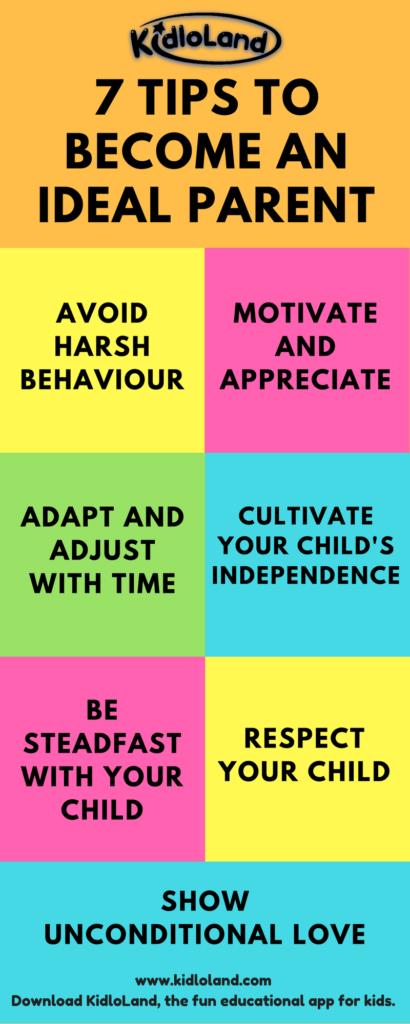
As parents, it's easy to get caught up in trying to manage our children's behaviors all day long without taking care of ourselves. So take some deep breaths and remember that self-care should be just as much of a priority as caring for our little ones.
Self-Care for Parents
Taking care of yourself as a parent is crucial for maintaining balance and stability in your daily life. It's easy to get caught up in the demands of parenting, but neglecting your own needs can lead to burnout and exhaustion. To avoid this, try incorporating relaxation techniques and me time activities into your routine.
One way to do this is by creating a self-care plan that includes activities you enjoy such as reading, exercising, or taking a relaxing bath. Additionally, consider delegating some tasks to others so you have more time for yourself. Remember, taking care of yourself isn't selfish – it's necessary for being able to fully show up as a parent.
| Self-Care Activities |
Benefits |
| Exercise |
Reduces stress and anxiety |
| Meditation |
Improves focus and emotional wellbeing |
| Journaling |
Helps process emotions and increase self-awareness |
| Socializing with friends |
Increases feelings of connection and support |
| Hobbies |
Provides a sense of accomplishment outside of parenting |
Creating a supportive network is also important for maintaining balance as a parent. By having people you can turn to for help or simply vent to when things get tough, you can feel less alone in the challenges that come with raising children. Remember that asking for help doesn't make you weak – it makes you human. So don't be afraid to reach out to friends or family members who can provide support when you need it most.
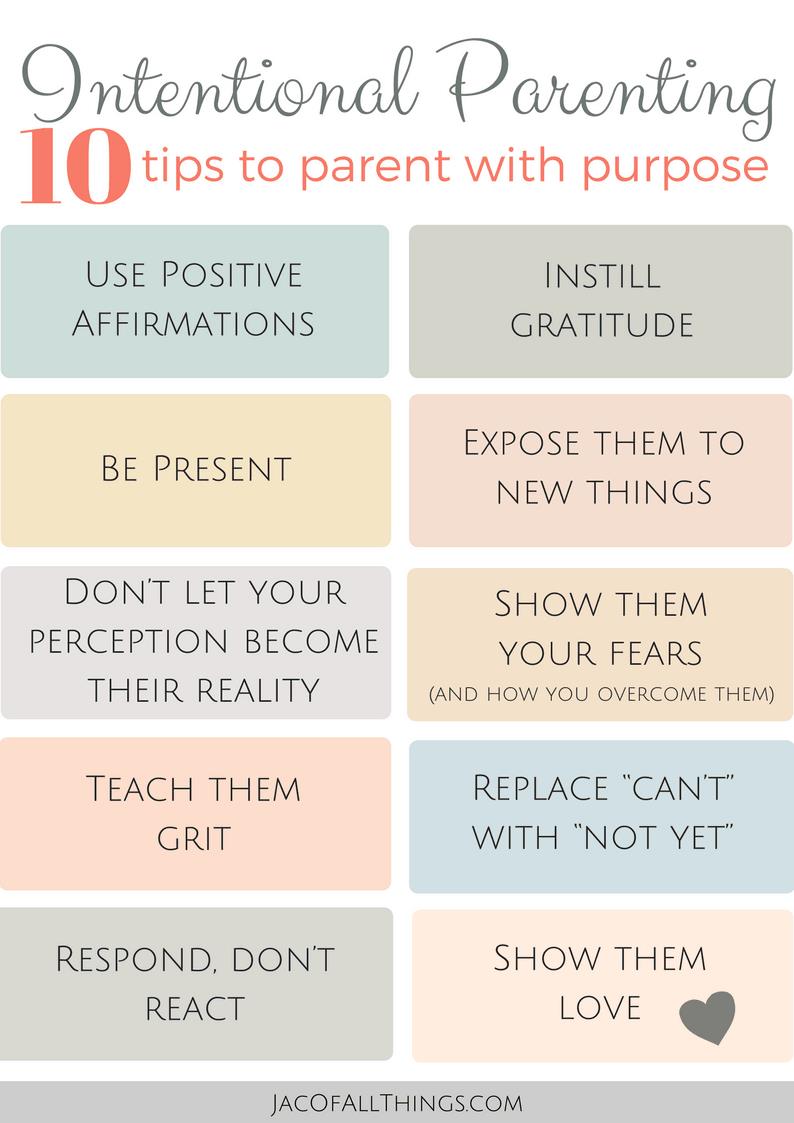
Creating a Supportive Network
You absolutely need a supportive network of friends and family to help you navigate the challenges of being a parent, because let's face it, parenting can be tough.
Finding resources is important when building this network. Look for local parenting groups or classes where you can connect with other parents who are going through similar experiences. Attend events at your child's school or in your community to meet new people and build relationships.
Don't be afraid to reach out to family members or close friends for support as well. Let them know that you could use their help with childcare or just someone to talk to when things get overwhelming.
Building these relationships not only helps you as a parent but can also create lasting friendships that enrich your life outside of parenthood. Remember, it takes a village!

Frequently Asked Questions
How do I deal with a child who has a diagnosed mental health condition?
Dealing with a child who has a diagnosed mental health condition can be challenging, but there are therapy options and support groups available to help you navigate this journey.
It's important to remember that you're not alone in this experience and seeking out resources can provide valuable guidance and emotional support.
Therapy options can range from individual counseling sessions for your child to family therapy sessions, which involve the entire family unit.
Support groups can also provide a safe space for both parents and children to connect with others who understand their experiences, share coping strategies, and offer encouragement.

Remember that taking care of yourself is just as important as taking care of your child, so don't hesitate to reach out for help when you need it.
What are some effective ways to handle sibling rivalry?
Effective communication and positive reinforcement are key when handling sibling rivalry. It's important to establish open lines of communication with your children, encouraging them to express their feelings and concerns in a respectful manner.
When conflicts arise, encourage them to actively listen to each other's perspectives and work towards finding a compromise that works for both parties. Furthermore, using positive reinforcement for good behavior can help promote a more harmonious dynamic between siblings.
Instead of solely focusing on negative behaviors, praise your children when they exhibit kindness or cooperation towards one another. By implementing these techniques, you can foster a positive relationship between your children while also empowering them with valuable conflict resolution skills.

How do I address my child's academic struggles without causing them to feel discouraged?
You're not alone in feeling frustrated as you watch your child struggle with academics. It's natural to want to fix the problem immediately, but motivating struggling learners requires creating a positive learning environment.
One way to do this is by using positive reinforcement. Celebrate each small success and build upon it to boost your child's confidence. Another tip is to set achievable goals and break down larger tasks into smaller ones, making them more manageable. Use an idiom like 'slow and steady wins the race' to emphasize that progress takes time and effort.
Encourage your child to take breaks when they need it and try different study techniques until they find what works for them. Remember, every child learns differently, so don't compare their progress with others'.
With patience, encouragement, and a positive attitude towards learning, your child can overcome their academic struggles and achieve their full potential.
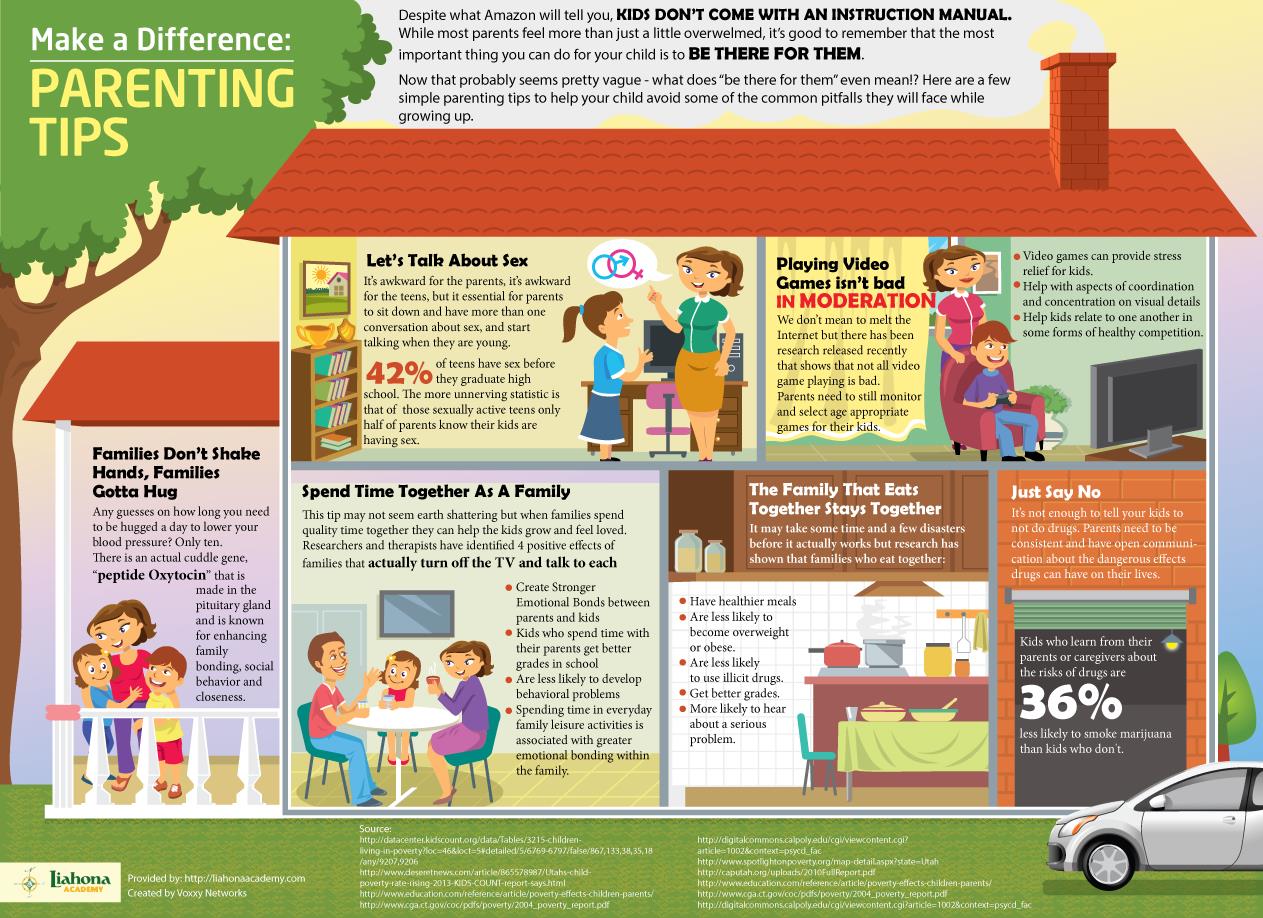
What should I do if my child refuses to follow my rules and discipline strategies?
If your child refuses to follow your rules and discipline strategies, it can be frustrating and overwhelming. However, it's important to remember that positive reinforcement and consistent consequences are key in helping your child learn and grow.
Instead of focusing on punishments, try to praise good behavior and offer rewards for following the rules. At the same time, make sure you're enforcing consequences consistently when your child breaks those rules.
By doing so, you'll help your child understand the importance of following rules while also creating a more positive and supportive environment at home.
Remember that parenting isn't easy but with patience, understanding, and consistency, you can crack this code!

How do I help my child develop healthy eating habits and avoid picky eating behaviors?
Did you know that picky eating affects up to 50% of children? If you're struggling to help your child develop healthy eating habits and avoid picky behaviors, there are a few things you can do.
Healthy meal planning is key - try involving your child in the process by letting them choose some of the ingredients or meals. Positive reinforcement techniques can also be effective - praise your child when they try new foods or eat a balanced meal.
Remember, it's important to not force your child to eat something they don't like as this can lead to negative associations with food. With patience and persistence, you can help your child develop a love for nutritious foods and establish healthy eating habits for life.
Conclusion
Congratulations! You've made it to the end of this article full of ingenious tips for cracking the code of parenting puzzles. By now, you should have a greater understanding of your child's developmental stages and how to effectively communicate with them. You've learned about the power of positive reinforcement and discipline strategies that work.

But wait, there's more! Don't forget about self-care for parents and creating a supportive network. These are crucial elements in ensuring that you can provide the best possible care for your child while maintaining your own well-being.
Parenting isn't easy, but with these tips at your disposal, you're well on your way to becoming a pro. Remember, it's all about balance - balancing discipline with love, structure with flexibility, and caring for your child with caring for yourself.
So take these tips to heart and enjoy the journey of parenthood!
 RelationshipsHealthWorkMoneyParentingRetirementPrivacy PolicyTerms And Conditions
RelationshipsHealthWorkMoneyParentingRetirementPrivacy PolicyTerms And Conditions
